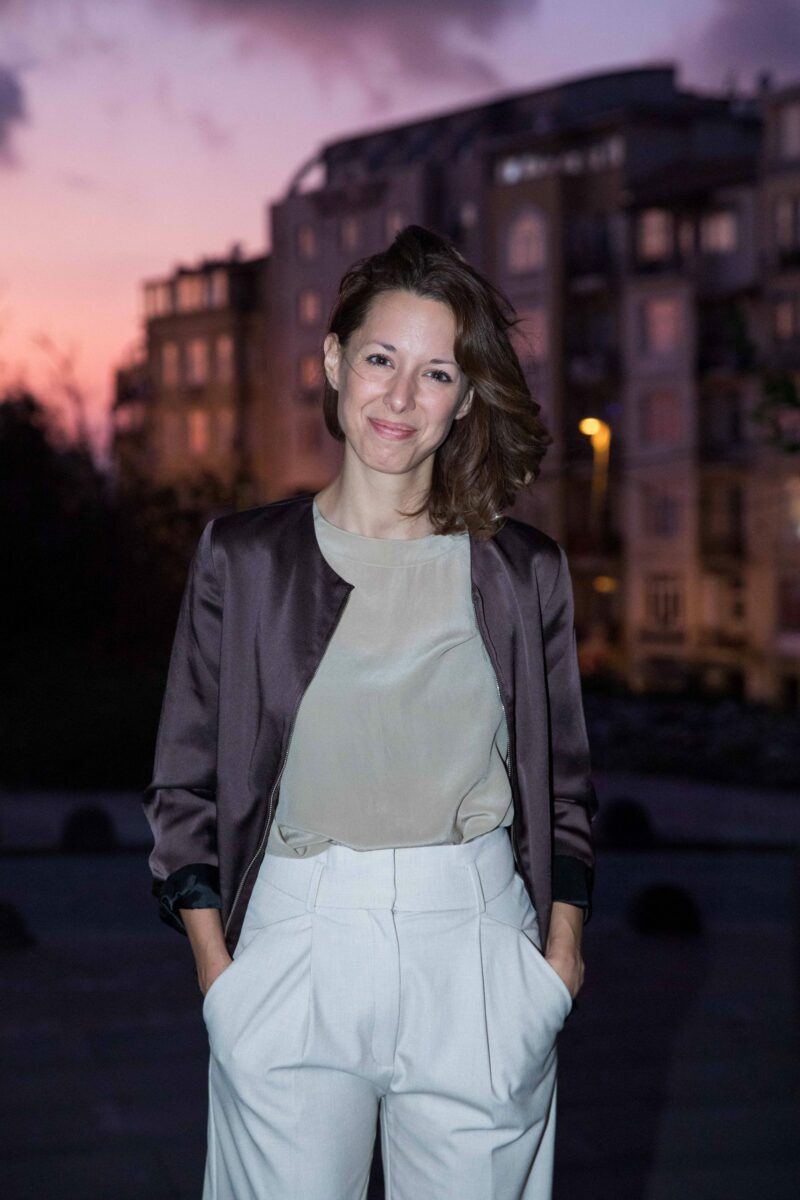

Against the backdrop of the increasing number of (unaccompanied) children and adolescents seeking shelter in Turkey and Germany in recent years, this research project aims to take a closer look at the roles and strategies of civil society actors in fostering processes of an inclusive education in urban school settings. Through empirical case studies, in Istanbul and Berlin, the research project explores actors’ approaches and activities in the field of (forced) migration and education and how these are intertwined with current political dynamics in this field, societal debates about “refugees”, and neoliberal educational reforms in the two countries. By examining the work of civil society actors and their structural constraints and interdependencies, an understanding of factors impeding an inclusive education should be deepened. The research project also focuses on the actors’ visions, programs and strategies to correct exclusionary practices in education and promote social justice in the two school systems. For this purpose, civil society actors from both countries will be brought into a closer exchange to discuss and identify approaches that can inform and inspire the political and pedagogical debate about necessary reforms and attitudes to (better) meet the needs of all learners in Germany and Turkey.
Ellen Kollender’s research focuses on educational inequalities in immigration societies, especially on how racism and neoliberal transformations impact educational equity in urban school settings. Her work also includes the critical examination of the relationship between public schools, parents and civil society organizations. Ellen Kollender holds a PhD in Humanities and a degree in Political Science. After having received a PhD scholarship by the Hans-Böckler-Foundation, she worked as a research associate and lecturer at the Department for Intercultural and Comparative Education at the Helmut Schmidt University in Hamburg. In her doctoral project she explored processes of social exclusion of Muslim and “immigrant” families against the backdrop of a revitalized nationalism and neoliberal political reforms in Germany. Within the framework of various research projects and publications, she evaluated and developed approaches for an anti-racist teacher education and inclusive school transformation. She also provided trainings and counseling on diversity strategies for civil actors and state authorities such as the Federal Office for Migration and Refugees. In 2016, she initiated a project aiming to empower communities in the Berlin districts of Kreuzberg and Neukölln in addressing institutional discrimination in schools and in working on a common social justice policy. Besides, she worked as a seminar leader in political adult education in Hamburg and Istanbul.